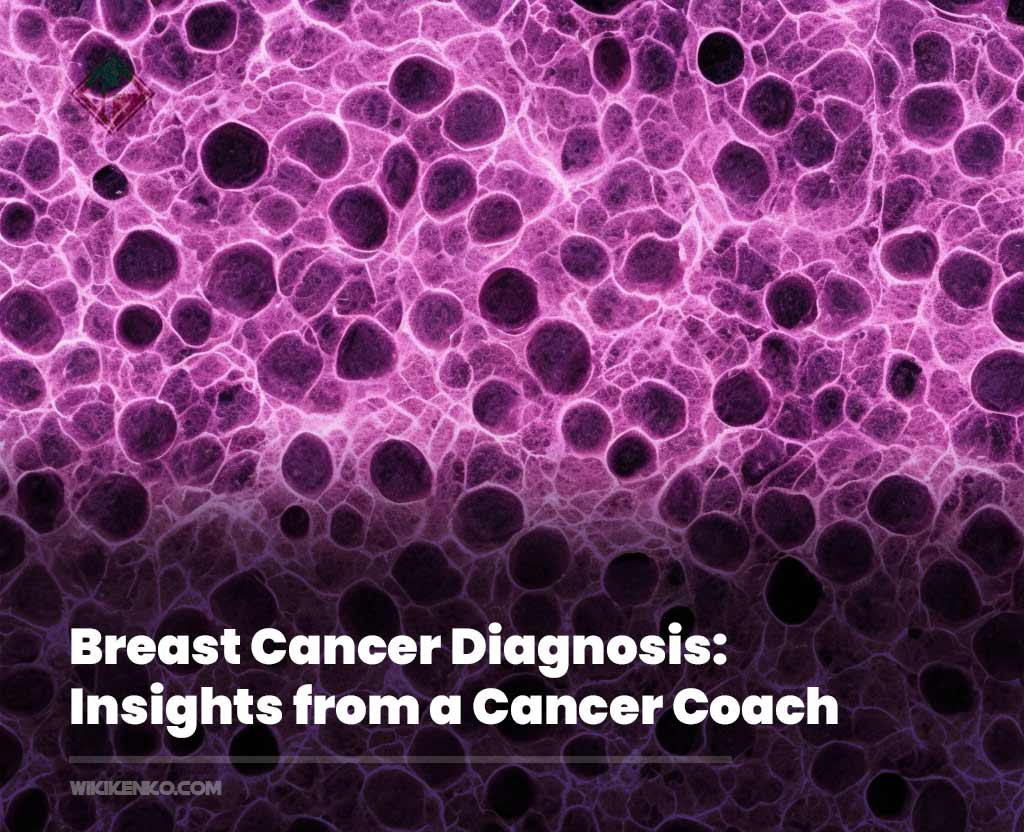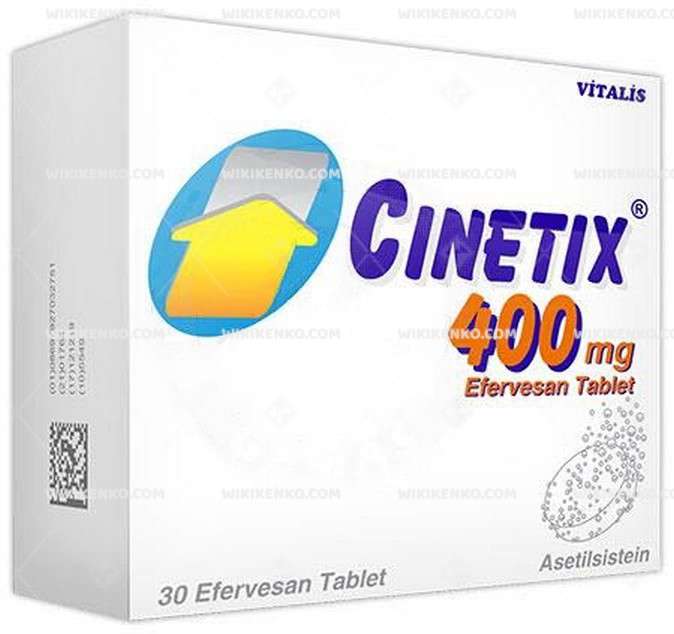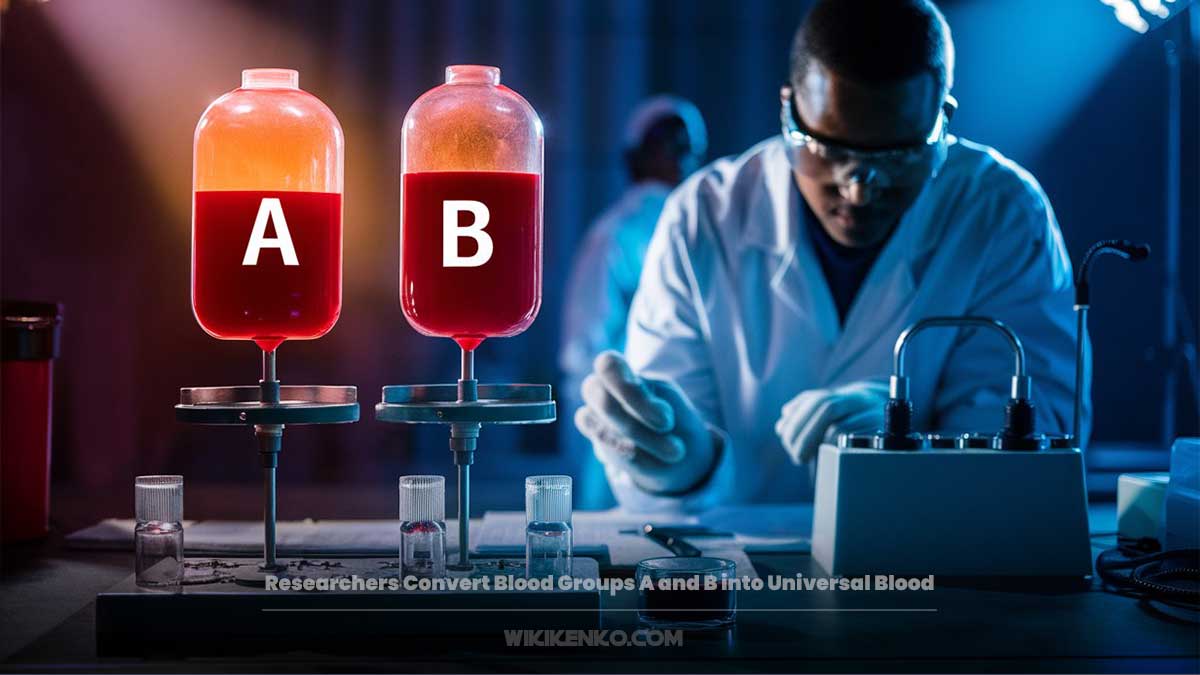|
Getting your Trinity Audio player ready…
|
From caregiver to patient to coach, Isabel Galiano has journeyed through the world of cancer from multiple angles. Her unique perspective, marked by personal battles and triumphs, allows her to provide invaluable insights into the challenges faced by those diagnosed with breast cancer. In this comprehensive article, we’ll delve into Galiano’s experiences and the wisdom she’s gained from her remarkable journey.
Understanding the Cancer Journey
Breast cancer, or any form of cancer, is a daunting experience for anyone. Understanding that the path forward will be marked by challenges and uncertainties is the first step. The journey is not just a medical one; it’s emotional and psychological as well.
The Initial Diagnosis: Coping with Uncertainty
The initial diagnosis can be overwhelming. Uncertainty about your condition and treatment options is often the most challenging aspect to cope with. To navigate this phase, engage with your healthcare team. Ask them any questions that come to mind until you feel confident and informed about your choices. Avoid excessive online research, as not all information may be relevant or accurate.
Setting Boundaries: Managing Communication
During your cancer journey, you’ll find it exhausting to repeatedly share your story and answer questions about your well-being. One way to manage this is by setting boundaries. Consider sending a message to your network, letting them know the latest updates and your responsiveness status. This approach allows you to preserve your energy and reduce the emotional burden.
Expressing Needs: The Importance of Clarity
Cancer doesn’t come with a manual, and often, those who want to help you may not know how. It’s crucial to understand your needs and express them in a way that is productive and constructive. For example, when someone asks how you are feeling, express it using percentages. This helps them understand how to approach you on a particular day.
Complementing Traditional Treatments
Beyond traditional medical treatments, there are several complementary practices that can aid your journey to recovery.
The Power of Quality Sleep
Quality sleep is vital for physical and emotional well-being. It’s not just about the duration of sleep but the quality. Avoid sleep disruptions caused by excessive screen time and practice good sleep hygiene. The hours between 11pm and 3am are the most effective for deep sleep, so prioritize a consistent sleep schedule.
Stay Active: Exercise and Recovery
Studies indicate that physical activity can significantly improve side effects and recovery, particularly for those undergoing chemotherapy. Even a 10-minute daily walk can make a positive difference.
Fueling Your Body: The Role of Nutrition
Nutrition is a key factor in well-being, especially during high-stress situations and cancer treatments. Nutritional needs can vary based on your condition and treatment type. Consulting a professional can help you make the right dietary choices that can impact how you cope with side effects and recover.
Positive Self-Talk: Shaping Your Perspective
The way you talk to yourself has a significant impact on your mood and outlook. Your self-talk can either empower you or create negativity. Treat yourself with the same kindness and encouragement you would offer a loved one.
Breathe Deeply: Calming the Nervous System
Research reveals that deep breathing is a powerful tool to immediately calm the nervous system. It’s easy to learn and requires no special tools or training. Incorporate simple breathing techniques into your daily routine.
Nature’s Healing Touch
Spending time in nature can be therapeutic. It provides energy and promotes recovery. Patients with access to nature, whether through plants or a view, tend to recover faster.
Grounding Techniques: Connecting with the Earth
Grounding techniques, such as direct contact with natural surfaces like gravel, mud, or grass, have been shown to reduce inflammation and cortisol levels. They can create a state of reduced stress and contribute to overall well-being.
Conclusion
Isabel Galiano’s journey from cancer survivor to coach offers a unique perspective on navigating a breast cancer diagnosis. Her insights emphasize the importance of a holistic approach that encompasses physical, emotional, and psychological well-being. By integrating these practices into your journey, you can empower yourself to thrive and recover effectively.
FAQs
-
What is the role of nutrition in managing cancer treatment side effects?
Proper nutrition can help manage side effects and improve recovery. Consult a professional to make dietary choices tailored to your condition and treatment type.
-
Are there specific breathing techniques that can help reduce stress?
Deep breathing techniques can immediately calm the nervous system. They are easy to learn and can be incorporated into your daily routine.
-
Can grounding techniques really reduce inflammation and stress?
Scientific evidence supports the idea that direct contact with natural surfaces can reduce inflammation and cortisol levels, leading to reduced stress and improved well-being.
-
How can I stay positive during my cancer journey?
Maintaining a positive outlook is essential. Practice self-kindness, seek support from loved ones, and engage in activities that bring joy and relaxation.
-
Why is connecting with nature beneficial for cancer patients?
Nature has a therapeutic effect, providing energy and promoting recovery. Patients with access to nature tend to recover faster.










